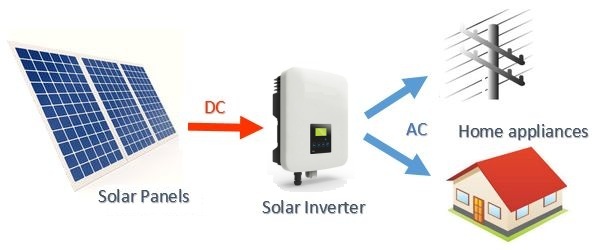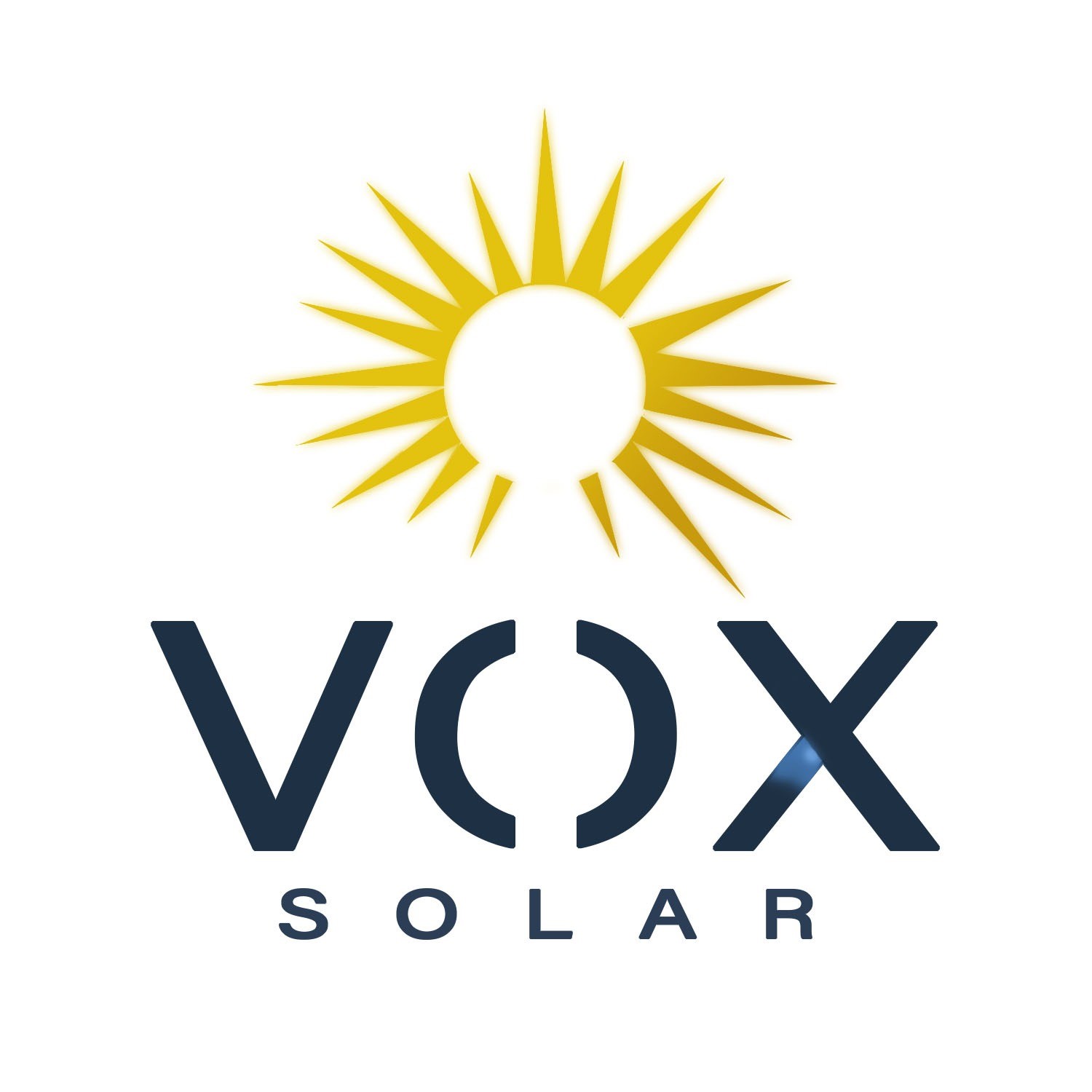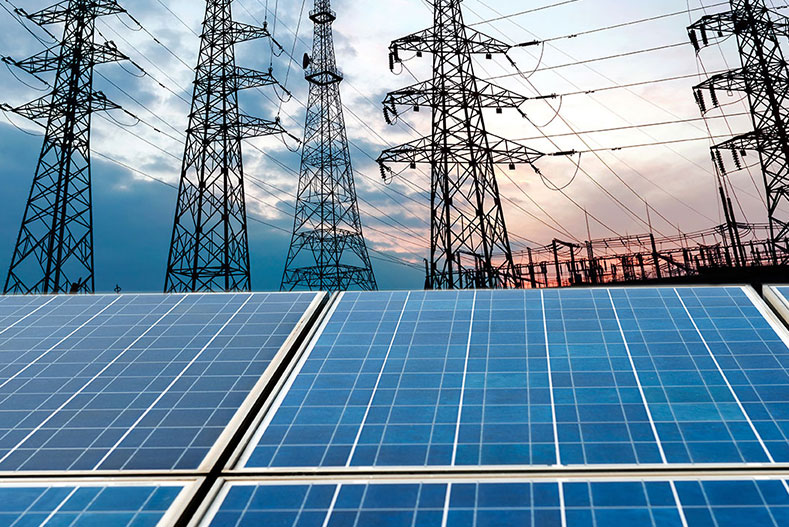An on grid solar system, also known as a grid-tied solar system. It is a type of solar power setup that is connected to the local utility grid. Unlike off-grid systems, which are independent and rely on battery storage, on-grid systems feed the electricity generated by solar panels directly into the utility grid. Here’s how it works and why it’s a popular choice:
How Does an On Grid Solar System Works
- Solar Panels Capture Sunlight: Solar panels installed on your roof or property capture sunlight and convert it into direct current (DC) electricity.
- Inverter Converts DC to AC: The solar panels produce DC electricity and send it to an inverter. Inverter converts it into alternating current (AC) electricity, the type of power used by most household appliances.
- Electricity is Used in the Home: The system first uses the AC electricity to power the home or business. If the solar system generates more electricity than needed at the moment, it sends the excess power back to the utility grid.
- Excess Power is Fed to the Grid: When your solar panels produce more electricity than your home consumes, the excess is sent to the grid. This typically happens during the day when sunlight is abundant, and household energy consumption is lower.
- Net Metering: Many on-grid systems come with a net meter. It tracks the electricity you send to the grid and the electricity you use from the grid. If you produce more than you consume, the system credits the excess energy to your account. You can use this credit later, such as at night when the solar panels are not generating electricity.
- Drawing Power from the Grid: At times when your solar panels aren’t producing enough electricity to meet your needs (e.g., at night or during cloudy days), your home or business automatically draws power from the grid.

Benefits of an On Grid Solar System
- Cost Savings: One of the biggest advantages of an on-grid system is the potential for significant savings on electricity bills. By generating your own electricity, you reduce the amount of power you need to buy from the utility company.
- Net Metering: With net metering, you can receive credits for the excess electricity your system generates, further reducing your energy costs.
- No Need for Batteries: On-grid systems do not require batteries for energy storage. It can reduce the overall cost and complexity of the system.
- Reliability: Because the system connects to the utility grid, you have a continuous supply of electricity, even when your solar panels aren’t producing power.
Considerations for On Grid Solar Systems
- Dependency on the Grid: One downside of on-grid systems is their dependency on the utility grid. If there is a power outage, your solar system will typically shut down as a safety measure to protect utility workers, unless you have a special inverter that allows operation during outages.
- No Backup Power: Since there is no battery storage, an on-grid system does not provide backup power during grid outages unless coupled with a backup system like a generator or hybrid inverter.
- Regulatory Approval: Installing an on-grid system often requires regulatory approval and a connection agreement with your utility provider.
Conclusion
On grid solar systems are an excellent choice for those looking to reduce their electricity bills. It make an environmentally friendly investment, and take advantage of government incentives like net metering. However, it’s important to consider the reliance on the utility grid and the lack of backup power in the event of a blackout. With the right setup, an on-grid system can offer a reliable and cost-effective way to harness solar energy.
Also Read:












Solar Installation Companies In Ghaziabad And Noida - Vox Solar
August 24, 2024[…] What is On Grid Solar System? […]
Solar Panel Subsidy In Uttar Pradesh - Vox Solar
August 27, 2024[…] What is On Grid Solar System […]